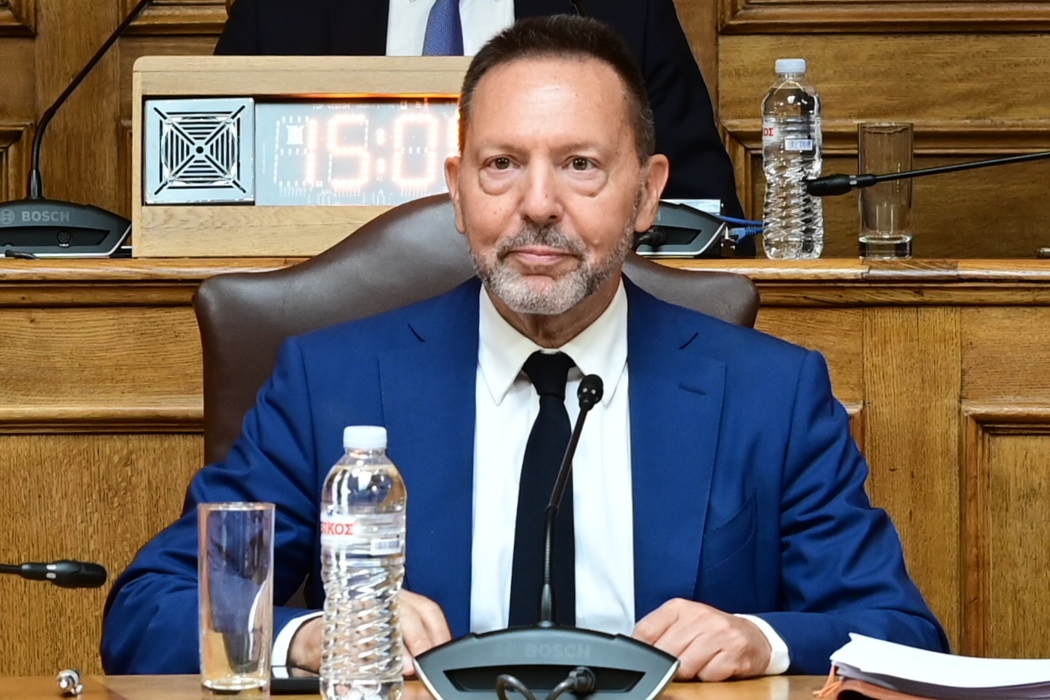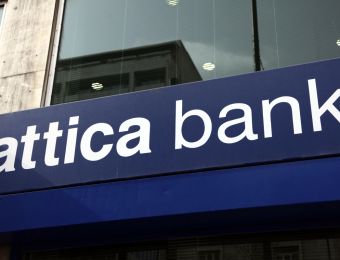House Owners Risk Seeing Assest Value ‘Wiped Out’ Due to Drastic Mandatory Energy Consumption Cuts

Πηγή Φωτογραφίας: ΑΘΗΝΑ ΠΟΛΥΚΑΤΟΙΚΙΕΣ ΔΙΑΜΕΡΙΣΜΑΤΑ (EUROKINISSI/ ΓΙΑΝΝΗΣ ΠΑΝΑΓΟΠΟΥΛΟΣ)
Millions of Greek property owners could face the ominous prospect of witnessing the value of their assets completely wiped out due to a mandatory transition to almost zero energy consumption buildings until 2050, according to the president of the Hellenic Property Federation (POMIDA), Stratos Paradias.
Talking to Ta Nea, Paradias, who heads Greece’s national organization of immovable private property and building owners, warned that millions of property owners are at risk of facing depreciation of their assets in the coming years due to the inability to finance the mandatory energy upgrades of their buildings.
At least 4.5 million residences should be converted into nearly Zero Energy Buildings (NZEB) by 2050 (out of the existing total of 4.6 million residences/Long-Term Renovation Strategy/Government Gazette B 974/2021), according to the Campaign Manager for Climate and Energy at the Greek office of the environmental organization Greenpeace, Kostis Grimanis.
“For this reason, the implementation of ambitious and forward-looking targets for improving the energy efficiency of homes by 2030 is required. Specifically, the conversion of at least 1.5 million residences to NZEB by 2030,” he added.
Grimanis points out, however, that this goal seems unattainable at this phase, even if the long-term benefits for both the financial gains and the environment are evident.
Paradias is sounding the alarm of an “impending social tragedy,” as he claims, adding that this practically means the housing shortage will intensify, as millions of buildings would be legally removed from transactions (primarily leasing/rentals) despite the increasing demand for housing, especially from young couples.
According to the POMIDA president, apart from the high tax rates that make renting unprofitable and the high cost of renovating properties to re-enter the market, the dominant problem will soon be the mandatory energy upgrades imposed by a new EU directive. National governments will enforce these upgrades, making it a challenge for property owners to rent them out again.
According to the revised Energy Performance of Buildings Directive (EPBD), each EU member-state should adopt its national roadmap to cut the average use of primary energy building consumption by 16% in 20230 and 20-22% by 2050.
Furthermore, according to the directive, national measures should ensure that at least 55% of the reduction in average primary energy use is achieved through the renovation of buildings with the worst performance.
Member states will develop national renovation plans to determine the national strategy for decarbonizing the building stock and addressing remaining barriers, such as financing, training, and attracting more specialized workers.
Source: tovima.com
Διαβάστε όλες τις τελευταίες Ειδήσεις από την Ελλάδα και τον Κόσμο






























Το σχόλιο σας